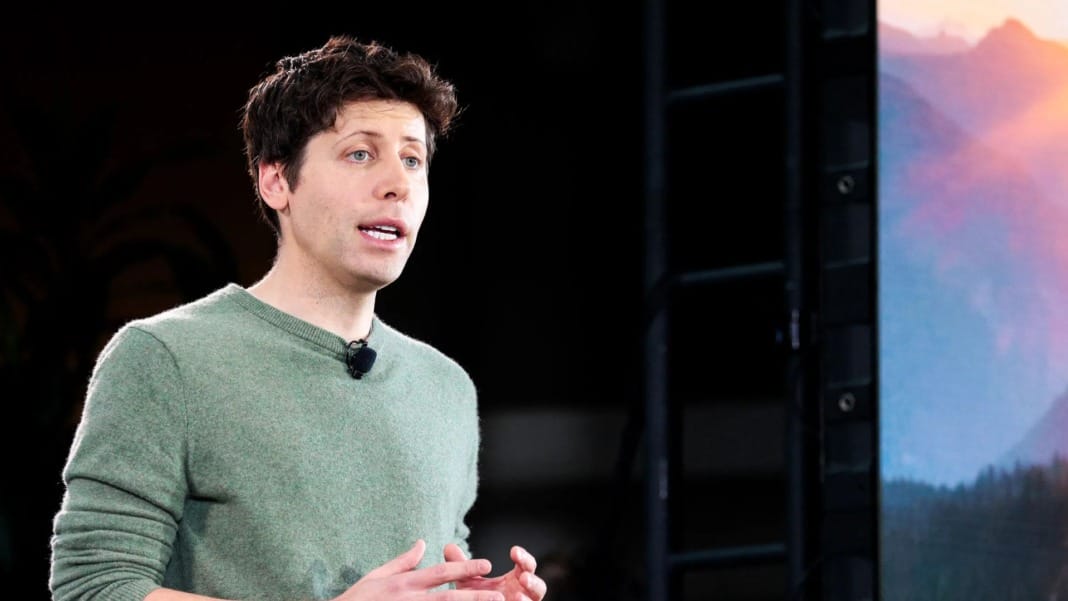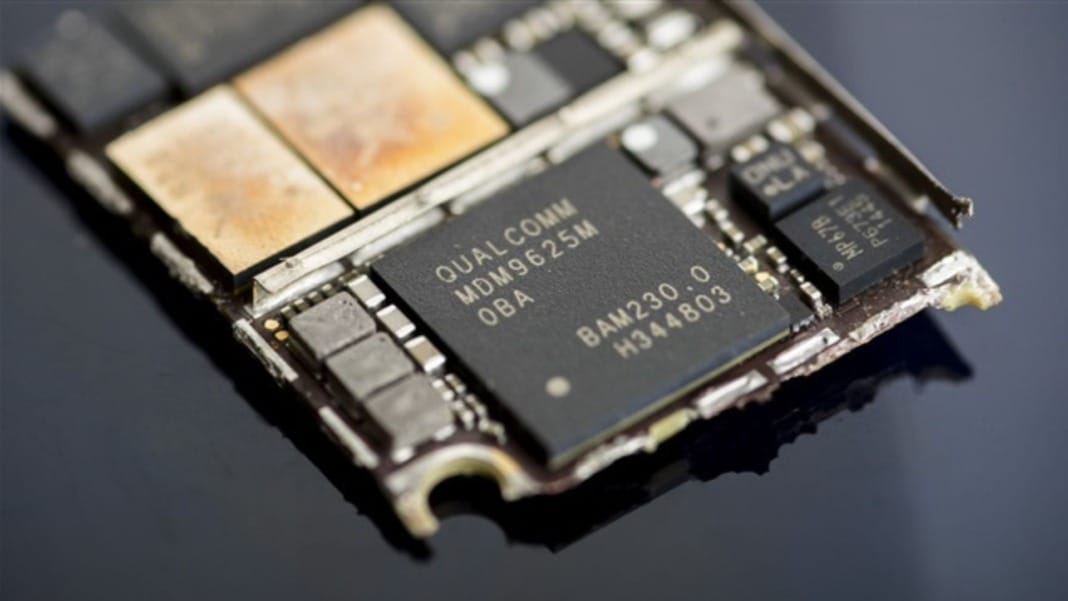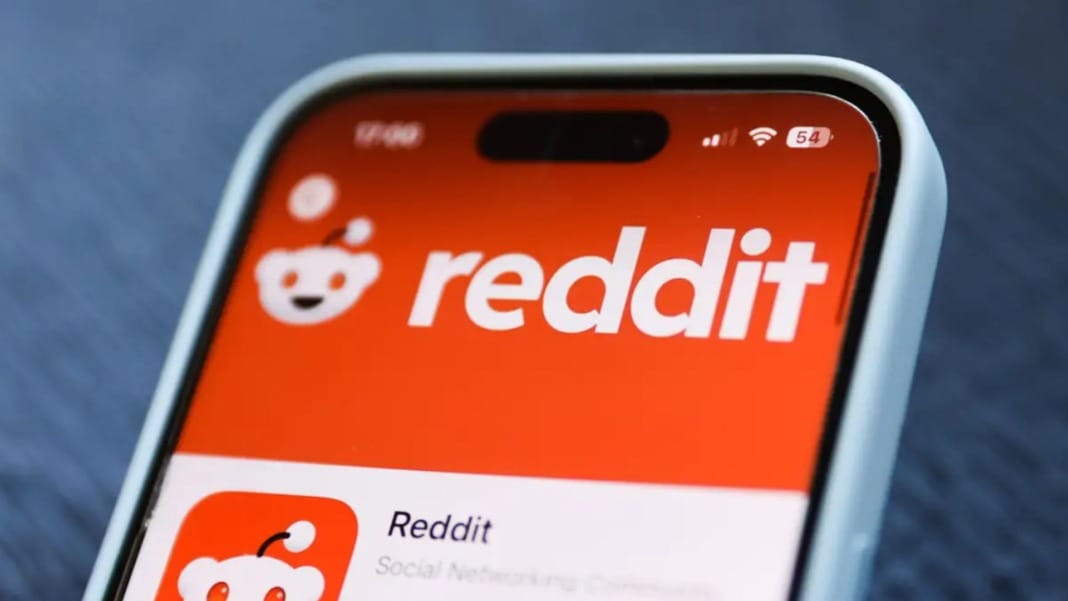The race toward artificial general intelligence (AGI) has sparked lively debate among tech leaders, with Microsoft’s AI chief Mustafa Suleyman and OpenAI CEO Sam Altman offering contrasting views. In a recent Reddit AMA, Altman claimed AGI could be achieved using today’s hardware. However, Suleyman expressed scepticism in an interview with The Verge’s Nilay Patel on the Decoder podcast, suggesting a much longer timeline.
Disagreement over hardware capabilities
Suleyman believes current hardware, such as Nvidia’s GB200 GPUs, is insufficient for AGI development. While he acknowledges AGI is “plausible,” he estimates it could take up to 10 years, depending on advancements in hardware generations.
“Each hardware generation takes 18 to 24 months,” he explained. “We might need two to five more generations, which could mean five to ten years.” Suleyman also criticised categorical predictions, calling them “ungrounded” and “over the top,” given the high uncertainty surrounding AGI.
AGI vs. the singularity
A critical distinction for Suleyman lies in the definition of AGI compared to the concept of singularity. He views AGI as a system capable of performing well across diverse, human-level training environments, including physical labour and knowledge work.
However, the singularity represents a self-improving system that surpasses human intelligence exponentially. Suleyman dismissed the conflation of the two ideas, stressing that AGI need not lead to singularity.
“My focus is on creating AI systems that are useful to humans,” Suleyman said. “These systems should be on your side, accountable, and practical. That’s where I can make an impact rather than chasing theoretical superintelligence.”
He noted significant challenges in areas like robotics, where progress could be faster. Despite this, Suleyman envisions AI systems performing much human knowledge work within the next decade, albeit failing to achieve AGI or singularity.
Altman’s evolving stance
Altman recently adjusted his vision for AGI at The New York Times DealBook Summit. He suggested AGI could arrive “sooner than most people think” but might have less impact than previously anticipated.
“AGI can be built, and the world will mostly go on similarly,” Altman remarked. He believes the transition from AGI to superintelligence will take much longer, with significant safety concerns emerging only at the superintelligence stage.
The contrasting perspectives of Suleyman and Altman reflect broader tensions between Microsoft and OpenAI, mainly as Microsoft develops its advanced AI model to compete with OpenAI’s GPT-4.
Suleyman acknowledged these tensions but described them as natural in any partnership. “Every partnership has tension. It’s healthy and natural,” he said. “Partnerships evolve and adapt to what works at the time. We’ll see how this one changes over the next few years.”
With both leaders taking differing paths toward AGI, the debate underscores the complexity of navigating AI’s future.





